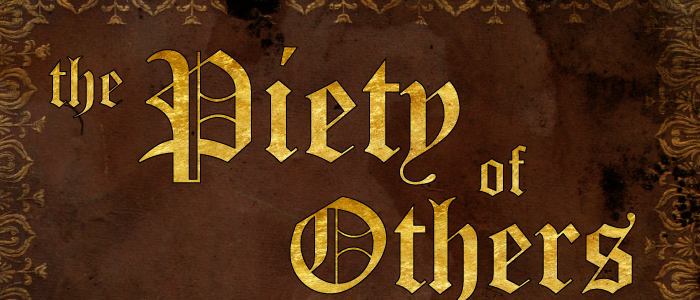In my humble opinion, one of the most powerful tools in storytelling is the also the most intrinsically human: the unreliable narrator.
People have biases, and those biases color their entire world. No matter how open-minded or educated an individual is, they simply cannot have the whole picture of an event. Individuals are not omniscient.
Narratives that are in third person—even a limited third person—inherently offer us an outsider’s perspective. When the prose speaks of “he” or “she” or “they,” we may have the illusion that the one recounting the tale has a certain level of detachment. In that, the reader has an expectation that it’s more or less unbiased.
But in a first person narrative? This presumed detachment is shattered, and can be used to incredibly powerful effect.
Some of the most celebrated works of the modern era are written in first person for this very reason: The Great Gatsby, which has the distinction of being told from Nick’s perspective and not Gatsby’s, crisscrossing preference and prejudice between the two; Huckleberry Finn, whose puckish voice ties together a story of outsiders; and, of course, the most notorious example of the unreliable narrator: Nabokov’s Lolita, a novel that has arguably changed the landscape of literature and language.
I love the unreliable narrator. I love that how, coded between every line, sleeps some of the very bones of what it means to be human. It celebrates the fact that every story has multiple sides. It makes us question our own motivations and understanding. It allows us to settle into the skin of another mind, see the world as they see it, and become intimately (and sometimes uncomfortably) familiar with their skewed perceptions, blind spots, and convictions.
But the first person narrative has come under strict scrutiny these last few years. For one reason or another, it has become a popular choice for the Young Adult market. Whether I agree or not, this has condemned it to the realms of “amateurish,” prone to romanticizing self-important and self-absorbed teenagers all the while flouncing a complete lack of self-awareness.
In this onslaught of criticism, I’m forced to wonder one thing: are the authors aware of their character’s inherent fallibly?


